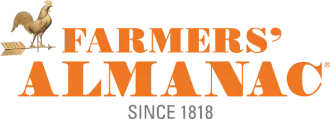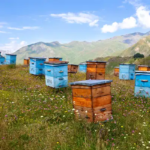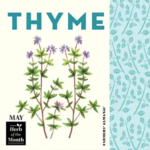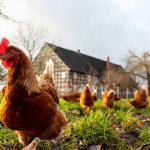When Is Indigenous Peoples’ Day 2025?
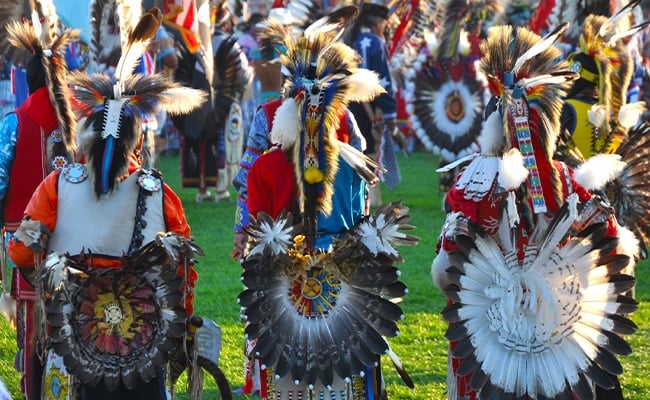
Indigenous Peoples’ Day is a unique holiday in that it does not highlight a single culture or event, but rather celebrates the diversity of many original inhabitants of the Western Hemisphere and beyond. How much do you know about this holiday, its place in various cultural histories, and how to celebrate it with the respect and attention each indigenous culture deserves? Indigenous Peoples’ Day is celebrated on Monday, October 13, 2025.
What Is Indigenous Peoples’ Day?
Celebrated annually on the second Monday in October, Indigenous Peoples’ Day is recognized in more than a dozen US states as well as the District of Columbia. More than 130 cities also celebrate the holiday, which continues to grow in popularity and may yet one day become an official federal holiday.
Today, there are only 11 official federal holidays, one of which is Columbus Day, also celebrated each year on the second Monday of October. Contrary to some popular belief, Indigenous Peoples’ Day does not replace Columbus Day, despite both holidays occurring on the same date and having sometimes controversial interpretations. Different communities can choose to celebrate either holiday, or both, in different ways, each acknowledging the influence of the other on our shared history and culture.
Rather than focusing on a single individual as Columbus Day does, Indigenous Peoples’ Day recognizes all traditional, native cultures. It is not, however, restricted to “Native Americans” with traditional territories just within the United States—those cultures are celebrated on Native American Day, a different holiday observed on the fourth Friday of September. Since its first official recognition by South Dakota in 1989, Indigenous Peoples’ Day has grown more inclusive and recognizes all sovereign communities with a shared national identity prior to colonial settlement, territorial usurpation, or political divisions brought on by wars or other conflicts.
Global Recognition
Today, Indigenous Peoples’ Day has spread worldwide and is celebrated in many different countries that are coming to recognize their own native diversity and the unique qualities and cultures of various tribes, clans, and peoples. Depending on how different cultures are classified, there are 5,000 or more groups of indigenous peoples around the globe. These groups may be recognized by a national Indigenous Peoples’ Day, Native Day, or similar celebration in a single country, or honored on International Day of the World’s Indigenous Peoples, which is recognized globally each year on August 9.
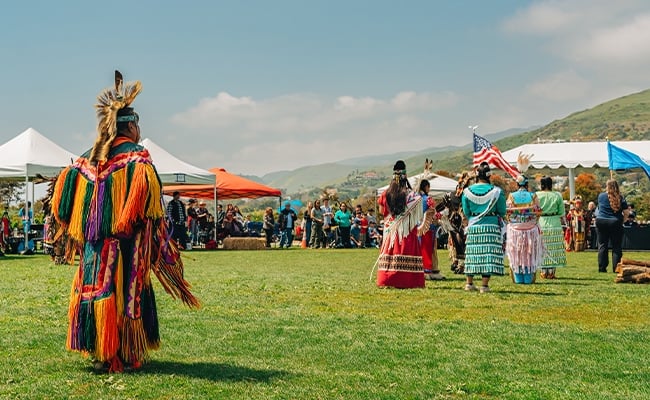
While many North and South American tribes are commonly known, such as the Aztec, Inuit, Seminole, Navajo, Sioux, and Ute peoples, there are equally unique and culturally rich indigenous peoples all over the world. The Bedouin of Arabia and Syria, the Maasai of Kenya and Tanzania, the Irula of southern India, the Komi of northern Russia, the Sorbs of Germany and Poland, the Ainu of Japan, the Lucayans of the Bahamas, the Pini of Australia, and the Hmong of southern China, Vietnam, and Laos are just a very tiny percentage of the different indigenous peoples that have founded amazing cultures.
3 Ways to Celebrate Indigenous Peoples’ Day
There are many different and enriching ways to celebrate Indigenous Peoples’ Day, from discovering one’s own ancestry to honoring and supporting local indigenous populations to helping educate others about the importance of recognizing indigenous peoples.
1) Discover Your Ancestral Origins
If you are new to Indigenous Peoples’ Day and want to feel a personal connection with your own past, you can learn if you have indigenous ancestry through a genetic or DNA test, or by researching your own family tree. Some people are surprised to learn they may actually have indigenous connections in fairly recent generations, while others may have to work backward through early ancestors to discover their true, indigenous origins.
Related: How To Celebrate The Harvest Moon
Once you understand your ancestry, you can learn more about the native peoples who form your personal history, even if you are many generations and hundreds or thousands of miles removed from those origins. This could involve not only learning about ancient tribes and clans, but also connecting with distant family members who may have a greater understanding of your own cultural traditions. Learn to cook a favorite family dish, share the stories of your family’s history, or even plan a family reunion that emphasizes your indigenous connections.
2) Explore Regional Cultures
Another option is to delve into the indigenous cultures in your local and regional community. Consider visiting a museum, art gallery, local reservation, historical site, or other attraction with indigenous connections to discover more about the peoples who traditionally held the territory of your home, your school, or your workplace.
Many local organizations may also offer performances such as music, dances, storytelling, or tribal ceremonies to share with the public to further educate everyone about their cultures and history. You could investigate handicrafts, meals, or clothing crafted by indigenous peoples, or make donations to local peoples and tribes to support the restoration and preservation of their culture.
Reading books by indigenous authors, taking a native-inspired craft, language, or cooking class, or attending lectures from indigenous scholars are other ways to further your own understanding of the cultures you share a sense of place with.
3) Share Your Indigenous Story
If you are already aware of your own indigenous ancestry, a great way to celebrate Indigenous Peoples’ Day is to share that culture with others, to raise their awareness and appreciation for other peoples’ experiences.
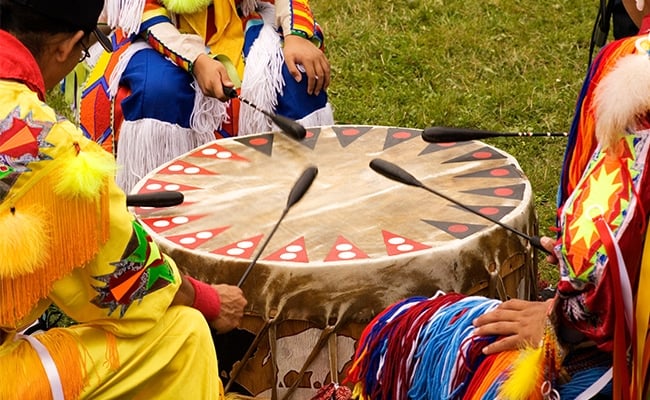
Consider organizing a trip to a school, a lecture at a local library, a meal at a senior center, or an “all are welcome” party at a local park to showcase your culture and invite others to learn about it. You might work with other local or regional groups to create a larger, more diverse event, or try a smaller scale such as creating and distributing information sheets to local businesses to generate more awareness.
Not only can this help others discover your culture, but it can also spark interest in younger members of your tribe and help senior members share their knowledge, ensuring that your culture continues for further generations.
What to Avoid
Even as you plan to observe, acknowledge, celebrate, and share Indigenous Peoples’ Day, take great care to do so respectfully and without inadvertently causing further harm to cultures that have been devastated in the past.
Try not to:
- Wear stereotypical clothing or jewelry without fully understanding and honoring its cultural significance. Many such items may also have spiritual significance and should never be worn casually or without the proper reverence.
- Participate in bland activities such as a “powwow” dance without knowing the cultural origins and significance of the movements, music, and attire. To take part in stereotypical activities dilutes and denigrates individual cultures instead of celebrating them.
- Purchase “native-style” items such as dream catchers, themed jewelry, or decorations from large corporate retailers. Instead, support indigenous businesses and opt for authentic handcrafted items that will better convey the uniqueness of the culture.
- Only celebrate an indigenous culture without learning something of the persecution and sacrifice the culture has endured. For many native peoples, the day is a chance for solemn reflection and reverence, and it should always be treated respectfully.
- Only understand the historical context of local or regional native peoples. These tribes and cultures exist today, in all aspects of society and business. Get to know local indigenous peoples in your area and offer support to their businesses and communities today, not just recognizing the tribulations of their past.
With so many ways to enjoy and appreciate Indigenous Peoples’ Day, and so many peoples to share connections with, everyone can discover more about shared cultures, ancestries, and connections.
Join The Discussion
How do you plan to celebrate Indigenous Peoples’ Day this year?
Share with your community here in the comments below!
Related
How To Celebrate The Harvest Moon

Melissa Mayntz
Melissa Mayntz is a writer who specializes in birds and birding, though her work spans a wide range—from folklore to healthy living. Her first book, Migration: Exploring the Remarkable Journeys of Birds was published in 2020. Mayntz also writes for National Wildlife Magazine and The Spruce. Find her at MelissaMayntz.com.
